A Conversation with Kathleen Wilson
This article is featured in the April 2023 episode of our Quakers Today podcast.On a crisp fall First Day in 2019, at the close of worship at Homewood Friends Meeting in Baltimore, Maryland, a mature, gray-haired woman enthusiastically pitched five free copies of a home-printed pamphlet called Quaker Thomas Kelly: Life from the Center. Slight in stature but robust in presence, Kathleen Wilson worked to project her voice into the large meetingroom, carefully saying, “I was introduced to Quaker Thomas Kelly several years ago, and he has made a big difference in my life. I have copied some of his words in this pamphlet, making him easier to read, and I have five free copies here for anyone who would want one.” Several individuals approached her to receive a copy. She then addressed several visitors: introducing herself and her unique work and quickly distributing her remaining three copies. A true believer in a Quaker faith that often shies away from evangelizing, Kathleen Wilson broke all unspoken rules of protocol. She was determined to give away five copies of her life’s work.
What was she offering up? Wilson writes: “[Kelly] writes of the Inner Light, within me and within all people. He writes of God speaking, even now, to me and to all who listen in the silence. He writes of surrender to God and of the resulting simplification of life.”
I had read Thomas Kelly’s A Testament of Devotion (1941) in a spiritual formation program over 20 years ago and was surprised as a nontheist Quaker at how the words of this Quaker mystic and intellectual had resonated with me, despite Kelly’s long and somewhat difficult prose. I decided to learn more about how Wilson was led to create her pamphlet.
Discovering Thomas Kelly
On an “almost spring” day in Baltimore last year, Kathleen Wilson sat in my living room and spoke with me about how she came to know the work of Thomas Kelly. Brought up as a Protestant who married a Methodist minister, Wilson explained that her introduction to Kelly came after she had explored many Protestant denominations. Time went by and she was not spiritually convinced by any of them; she kept on seeking. About 13 years ago, Ira Zepp, a Methodist minister and dear family friend of Wilson’s, introduced her to Kelly’s writing in his book Prayer as Ballast, Rudder, and Sail (2003): “In his all too brief a life (1893–1941), this brilliant Quaker taught us how to center our lives and discover the Light within.” Within two weeks of reading those words, Kathleen came to Homewood for the first time, carrying with her a copy of Kelly’s Testament of Devotion.
In our conversation, Wilson explained her attraction:
Kelly speaks to the core, not the past or the future. He repeatedly used the word “is”—not the past—and speaks of Divine Life, Divine Presence, Divine Love, the Inward Light, the Living Christ, a holy Infinite Center. It was not something I had to work to believe. Kelly’s work truly spoke and speaks to me.
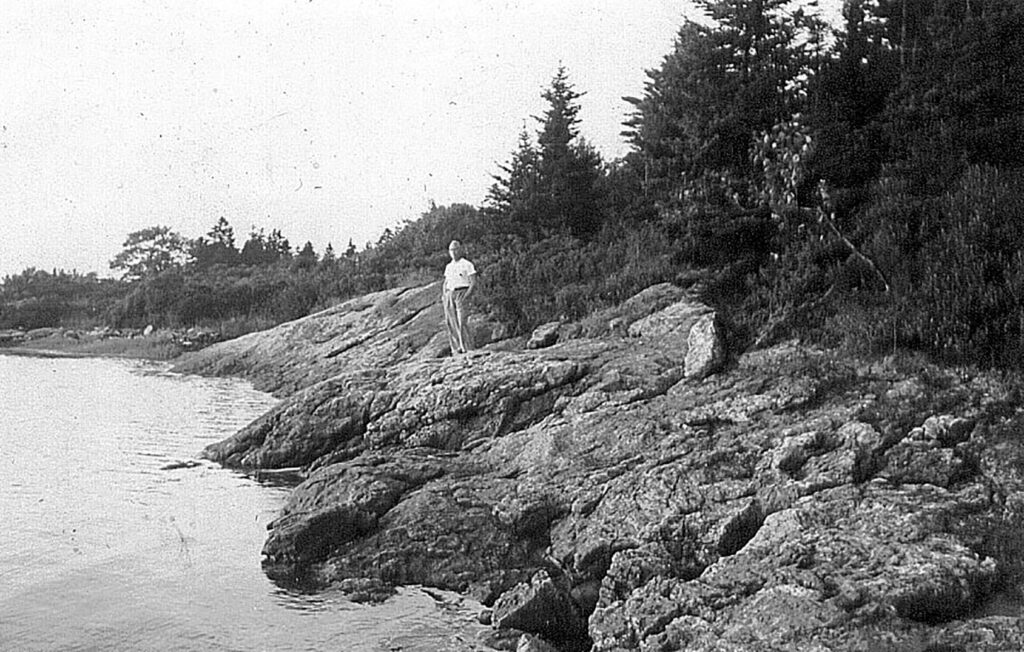
Thomas Kelly standing on the rocks beside the New Meadows River in Phippsburg, Maine, circa 1940. Photo courtesy of the author
Thomas Kelly as Poetry
After her introduction to Kelly, Wilson was led to engage in a daily discipline: beginning every day by reading Kelly’s texts. However, she found the reading process to be challenging. Kelly’s sentences were long, and the passages were dense. She explained:
Some sentences—with many, very meaningful phrases—were so long I couldn’t adequately grasp their meaning. To make the text easier to digest, I started writing the phrases, one or two on a line. I first went to “Deep within us all there is an amazing inner sanctuary of the soul” from A Testament of Devotion, and promptly began to copy its three sentences into individual phrases.
Wilson showed me how it appeared:
Deep within us all
there is an amazing inner sanctuary of the soul,
a holy place, a Divine Center,
a speaking Voice,
to which we may continuously return.
Over time, selecting passages on the topics that meant the most to her from A Testament of Devotion and The Eternal Promise (1966), Wilson composed her pamphlet Quaker Thomas Kelly. Reading aloud through the 43-page pamphlet, I noticed that the spaced text sounded like free verse. I asked Wilson if she knew she was creating free verse, and she responded that she knew only that free verse didn’t rhyme. Her career had been in human resources and food service in Baltimore City Public Schools, but this new project took her far from her original vocation.
Wilson’s free verse exemplifies several definitions of poetry by famous poets. Romantic poet Percy Bysshe Shelley defined a poem as “the very image of life expressed in its eternal truth” in his 1821 essay “A Defence of Poetry.” This form of expression, as modern British poet and pacifist Christopher Logue wrote, “cannot be defined, only experienced.” Quakerism is often characterized as an experiential religion, one that—through deep, silent prayer—leads an individual to directly experience the Spirit. Wilson began to copy Kelly’s words into individually spaced phrases because, as she describes, her spiritual experience with Kelly’s words led her to experience God. The pauses created by the spaces between the phrases added a sacred dimension of silence, inviting her to slow down and to enter into a prayerful state of mind.
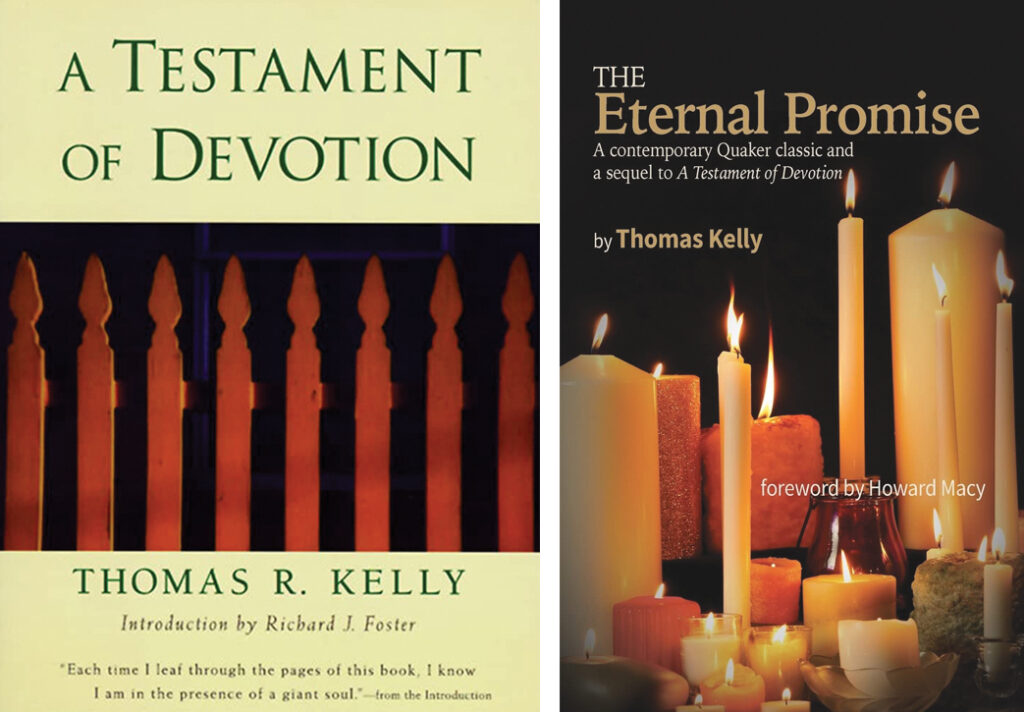
Experience as Guide
For Thomas Kelly, that experience involved a lifelong struggle between two worlds—the academic life and the spiritual life—which Wilson describes in her brief biography of Kelly in her pamphlet. Born to a Quaker family, Kelly was both a brilliant academic, studying and teaching philosophy at Wilmington, Haverford, and Earlham Colleges, and a religious mystic, often writing in biographical essays and notes about his direct experience of God. With degrees from Wilmington College and Hartford Theological Seminary, Kelly was unable, due to an unexpected circumstance, to successfully defend his dissertation for a second doctorate in philosophy at Harvard. Ultimately, Kelly’s service with American Friends Service Committee in Europe and subsequent teaching, writing, and lecturing led him to reaffirm the certainty of faith over the certainty of logic. After Kelly’s untimely death in 1941, his words from many sources were assembled by family and friends and published as A Testament of Devotion and The Eternal Promise.
The following poem is taken from A Testament of Devotion and found in the life story section of Quaker Thomas Kelly:
I am persuaded
that God is greater than logic,
although not contrary to logic,
and our mere inability to catch Him
in the little net of our human reason
is no proof of His non-existence
Returning to our conversation, I asked Wilson how Kelly’s family had received her revisions of Kelly’s texts. Did they feel that Kelly’s work had been illegally tampered with or stolen? Wilson explained that she did not change any words in writing her free verse. In fact, Kelly’s family deeply appreciated and supported her work. Serendipitously, Thomas Kelly’s son, Richard “Dick” Kelly, who assembled The Eternal Promise, had moved to Baltimore and begun to attend Homewood, which provided an opportunity for Wilson to collaborate with the family. Dick Kelly authored the book Thomas Kelly: A Biography (1966), which provides a detailed description of his father’s life, supported with important letters and documents. And it was Thomas Kelly’s grandson John M. Kelly who generously published Wilson’s Quaker Thomas Kelly: Life from the Center and other resources through a website he created, quakerthomaskelly.org. Dick passed away in April 2019.
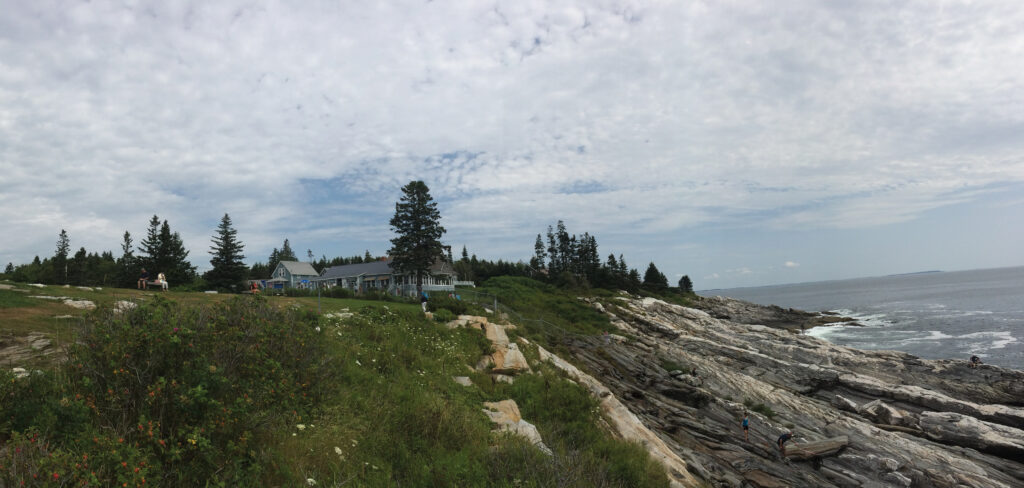
Coast next to the Pemaquid Point Lighthouse (not shown) in Bristol, Maine. Photo by John Kelly.
Seeking and Being Found
Concluding my conversation, I asked Wilson what her discovery of Thomas Kelly has meant to her and what she hopes for the future of her work. She conveyed a sense of being “found” through the work of Kelly, much in the same way that her version of the following passage describes “seeking and being found.” From the original in The Eternal Promise, Kelly wrote:
This Light and Life is in all men [and women], ready to sweep us into its floods, illumine us with its blinding, or with its gentle guiding radiance, send us tendered but strong into the world of need and pain and blindness.
These words in Quaker Thomas Kelly appear as the following:
This Light and Life is in all men [and women],
ready to sweep us into its floods,
illumine us with its blinding,
or with its gentle guiding radiance,
send us tendered but strong
into the world of need and pain and blindness.
In a 1938 letter from Germany to his wife, reprinted in Richard Kelly’s A Biography, Thomas Kelly wrote: “I was much shaken by the experience of Presence—something that I did not seek, but that sought me.” Encountering Kelly has been a life-changing experience for Wilson, and now she is impassioned to bring others, as led, to the experience of Friends through Quaker Thomas Kelly.
Not long after our spring 2022 conversation, I witnessed Wilson again at the close of worship enthusiastically promoting her pamphlet. This time, however, the setting was different. A large screen dominated one side of the old, cavernous meetingroom, showing more than a dozen worshipers participating via Zoom. Others sat masked throughout the meetingroom. Evidence of the COVID pandemic having changed our lives over the past two years was everywhere: from the seating distance between individuals on the benches to the bottles of hand sanitizers placed all around the room. This time, as Wilson once again announced her free, giveaway pamphlet, she was able to direct worshipers both present and online to the website quakerthomaskelly.org to download copies of her life’s work, available at no cost.


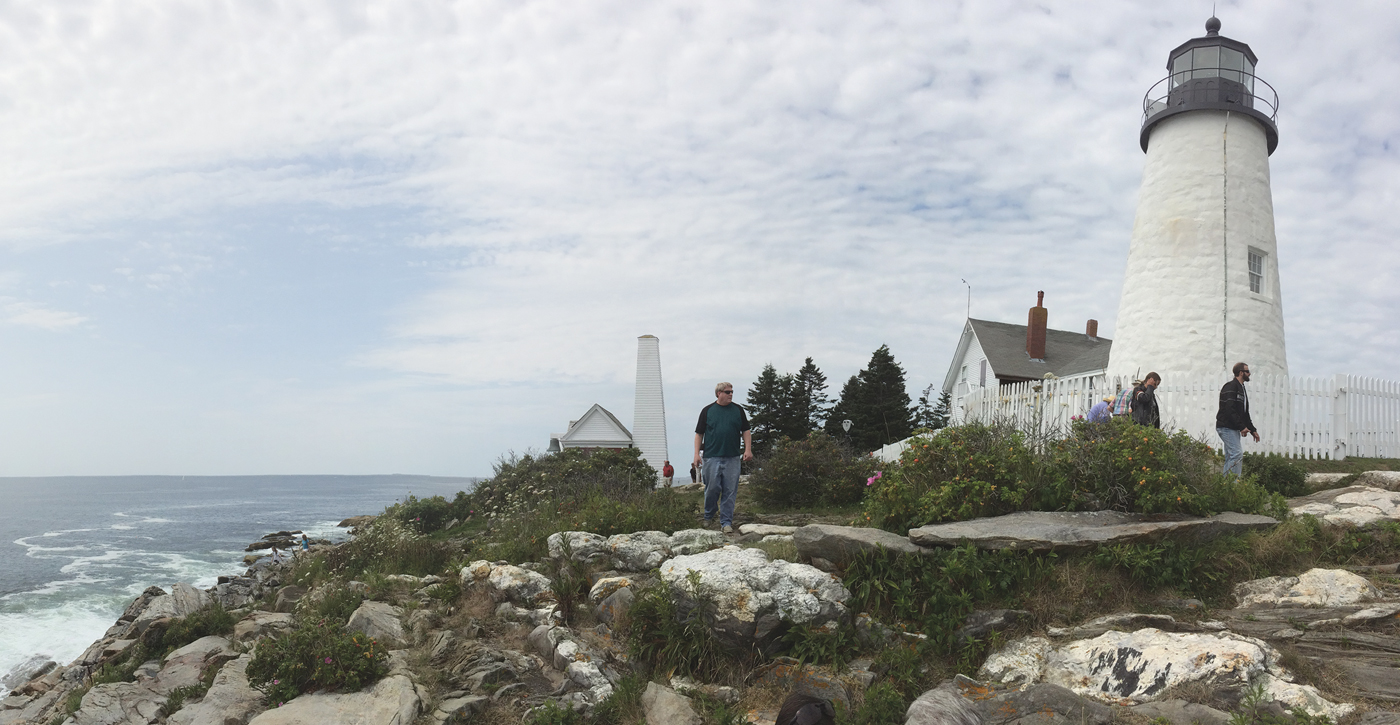
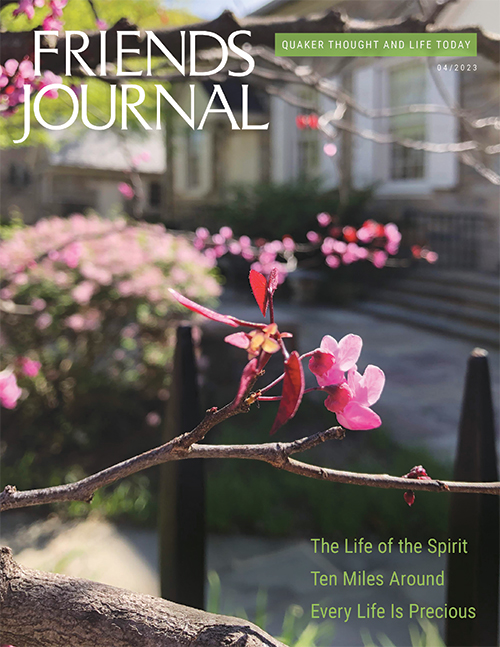
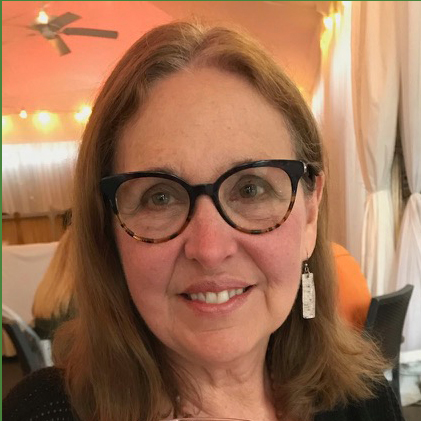
![[Images from the most widely read articles of early 2023.]](https://www.friendsjournal.org/wp-content/uploads/2023/07/2023-so-far.jpg)

Donna,
Thank you for this timely, thoughtful reminder of the writings of Thomas Kelly. You’re a wonderful and generous writer, bringing this story to other Friends. Is that little pamphlet still available? if so, and you can put it online, I will make it for myself. Years ago I’d read “Testament” but think I don’t have a copy; I’ll look around.
Best wishes to you. In Peace and Light, Diane Proctor